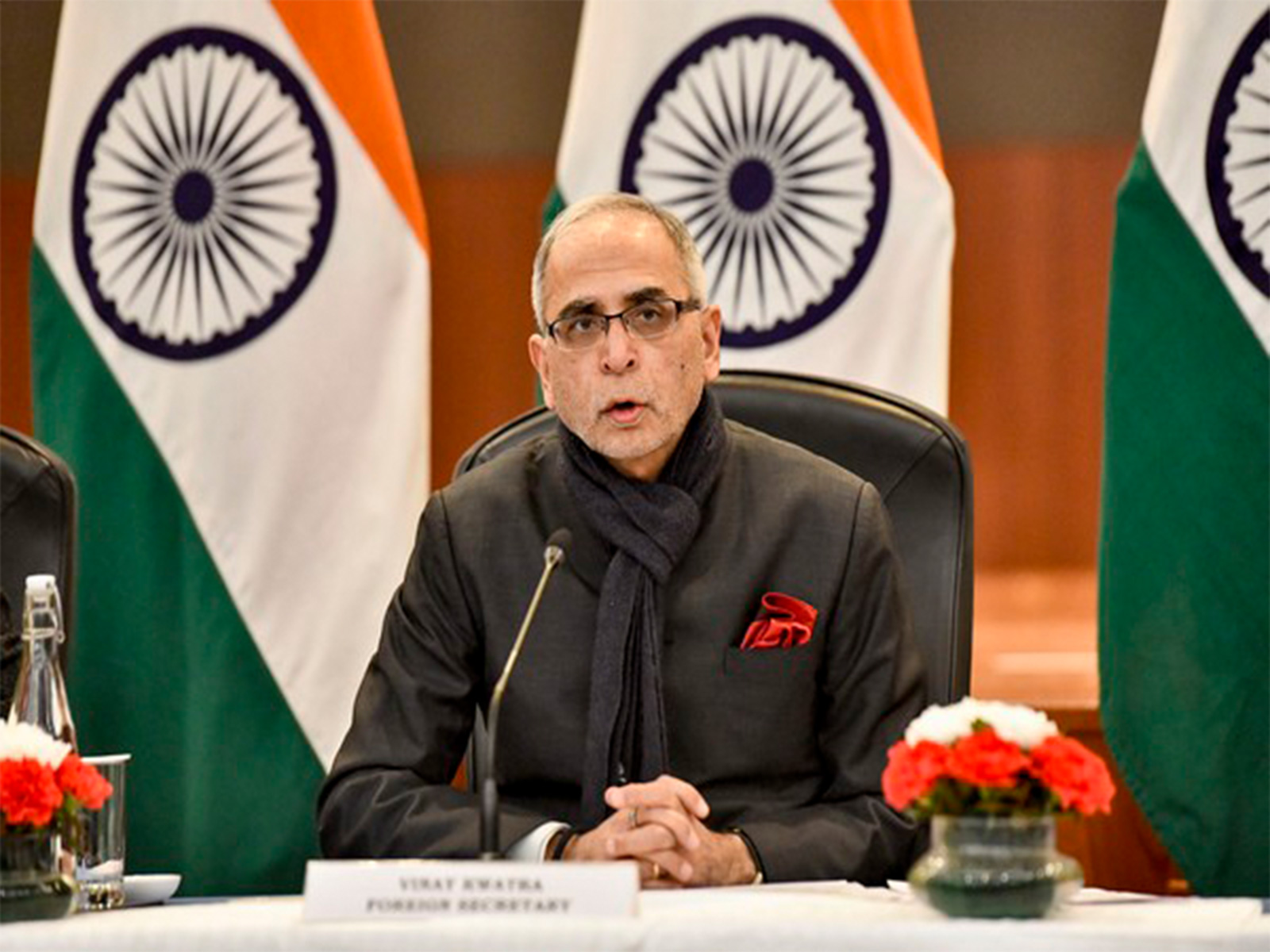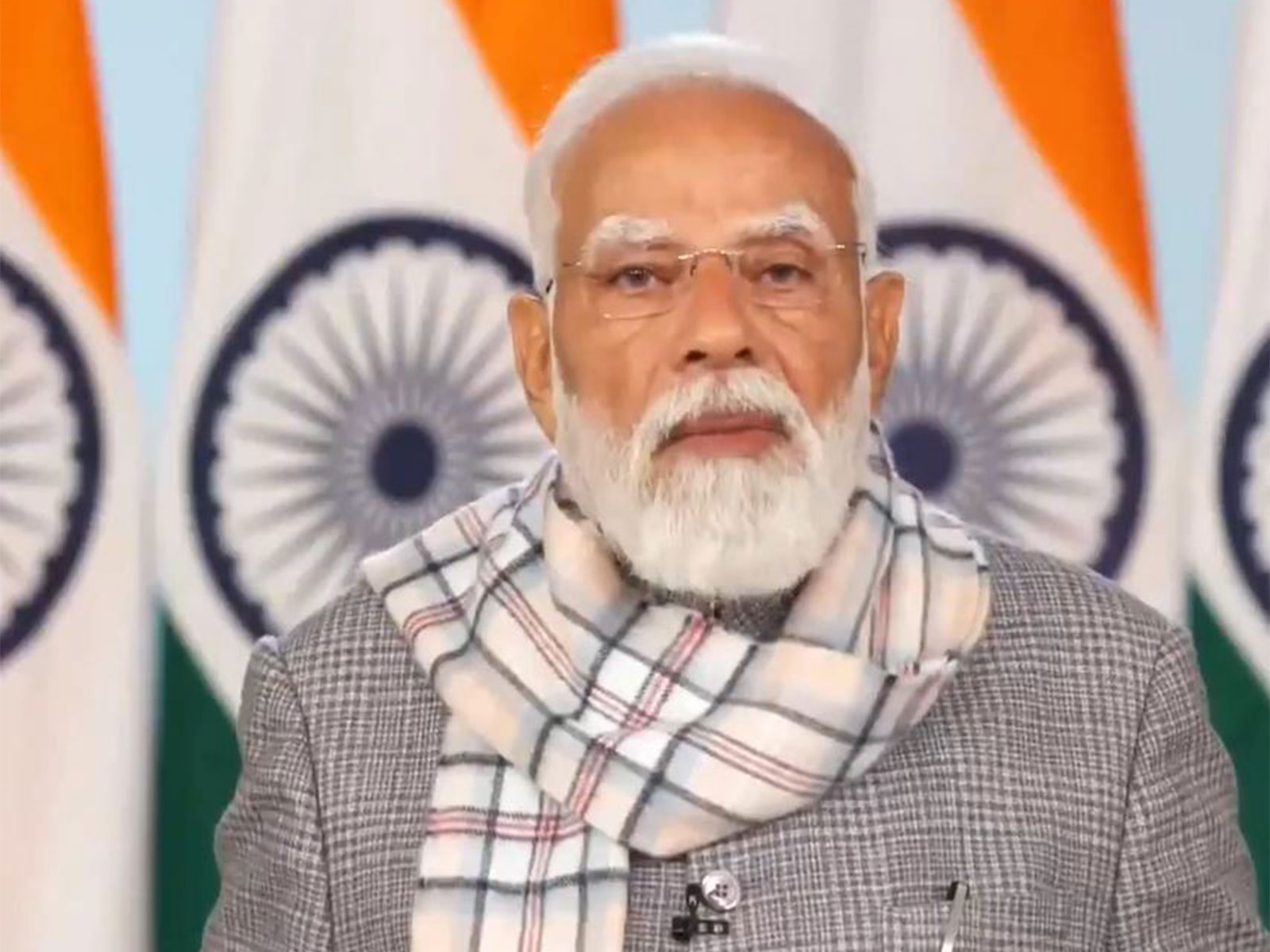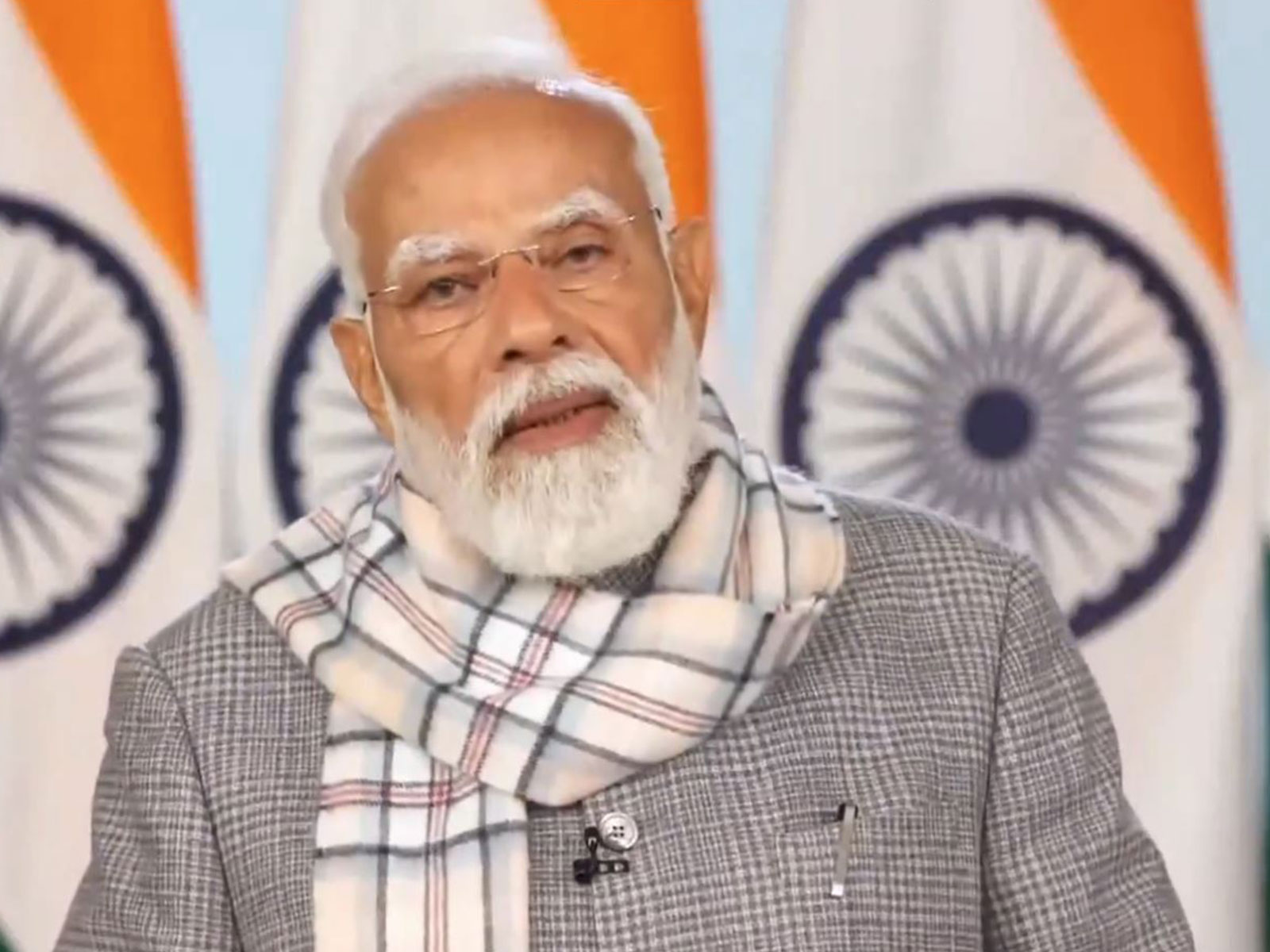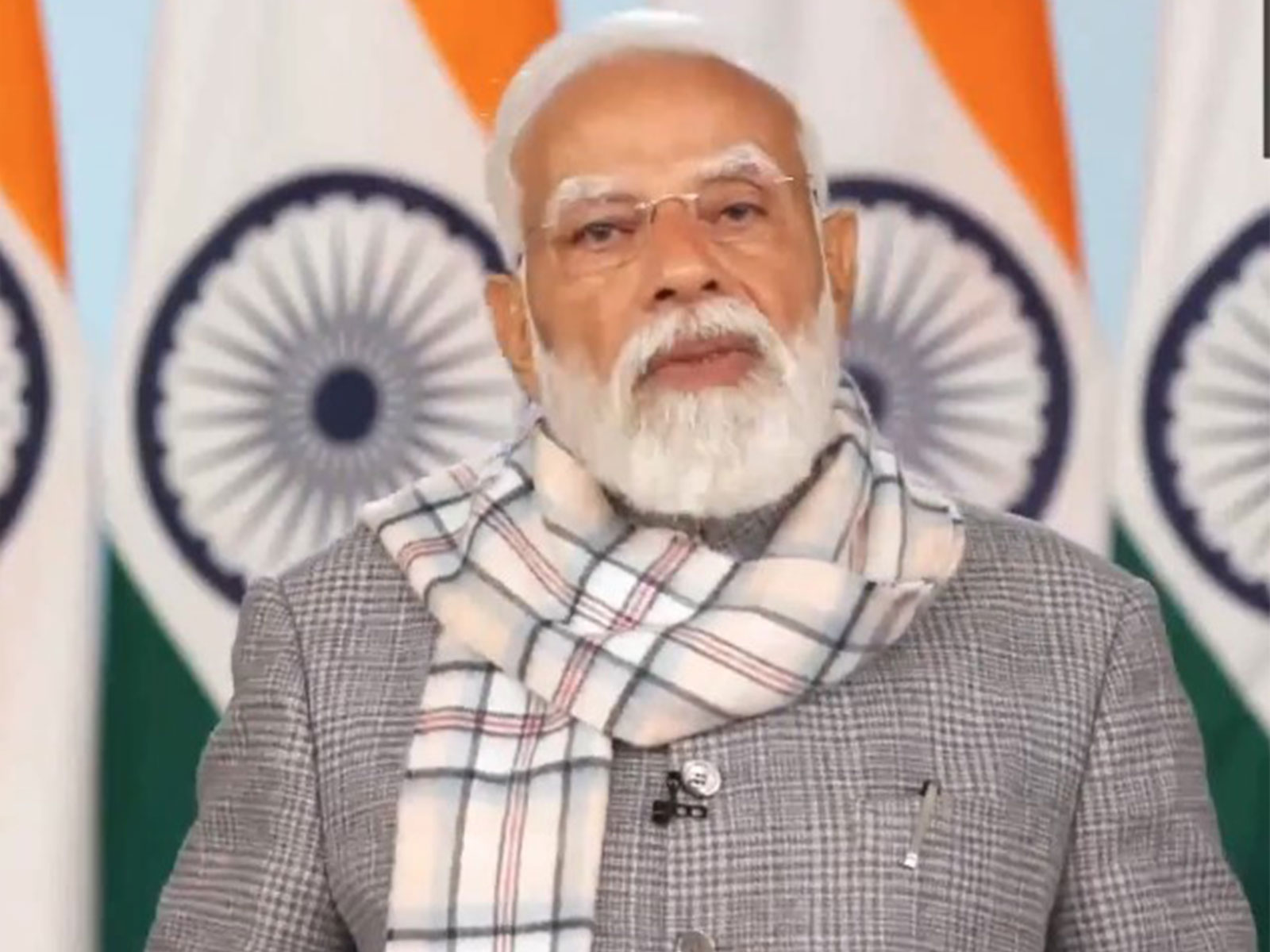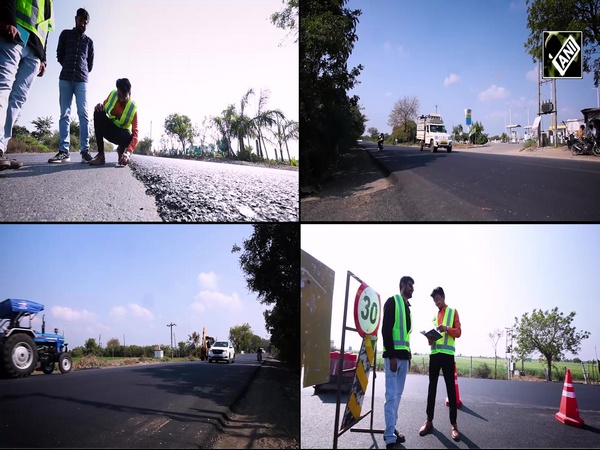What if China gains control of Taiwan?
Aug 20, 2024

Hong Kong, August 20 : During the Cold War, the USA was alarmed at the prospect of communism gaining new adherents via a domino effect. As Washington DC envisaged one Asian country after another toppling before the communist juggernaut, that was the raison d'etre for getting involved in the Vietnam War.
Today, the fear is that China will invade Taiwan, overthrow a vibrant democracy and irreparably snap the so-called First Island Chain.
The First Island Chain, running from Japan through Taiwan, the Philippines and as far as Indonesia, forms part of US foreign doctrine. This island string forms a convenient barrier through which the People's Liberation Army (PLA) must pass to foray into the Pacific. Obviously, if Taiwan falls into Chinese hands, the PLA has instant access to the Western Pacific, since the Second Island Chain is a chain in name only. The extremely porous Second Island Chain spans Japan's volcanic eastern islands, the Marianas and Guam, the Caroline Islands with Palau and Yap, and western New Guinea.
Taiwan is thus a linchpin in the US-led defensive strategy. Naturally, it is far more than that, because the fate of 23 million Taiwanese citizens hangs in the balance as the Chinese Communist Party (CCP) unilaterally claims this island 180 km across the Taiwan Strait.
Exploring the issue of what Taiwan's loss would mean militarily, Rice University's Baker Institute for Public Policy in the USA recently published a report entitled "Annexation of Taiwan: A Defeat from Which the US and Its Allies Could Not Retreat".
Authored by Gabriel Collins and Andrew Erickson, it addresses one of the most consequential flashpoints on the planet.
If China conquered Taiwan, the report warned in no uncertain terms: "The aftermath would likely trigger the worst economic shocks experienced in more than a century, unleashing a cycle of repression and diminishing the quality of life for populations across Asia and beyond, with devastating impacts on American interests and Americans' wellbeing. Moreover, China's annexation of Taiwan could exacerbate regional tensions and extend into a broader, global conflict."
Chairman Xi Jinping may be at the zenith of his power, as China encounters economic, diplomatic and security challenges. It is impossible to comprehend the calculus running through Xi's mind as he consolidates power, exerts tighter control over China's population, calls for greater political loyalty and prioritizes national security. Some therefore describe the remainder of the 2020s as the "decade of maximum danger," as Xi contemplates a legacy even greater than Mao Zedong's.
The jewel in Xi's crown, the ultimate fulfilment of the "China Dream", would be to capture Taiwan, something not even Mao could achieve.
The Rice University paper presented four key findings. Firstly, "Xi has strong motivations to annex Taiwan through the threat or use of force." China would clearly like to capture it without a shot being fired, as it could then obtain industrial and technological infrastructure whilst simultaneously limiting escalation and thwarting any intervention by the USA and its allies.
The USA would be hard hit by Taiwan's loss, given that the latter dominates the global semiconductor industry. Taiwan's annexation would disrupt Western techno-industrial supply chains for years to come, as China could control who it sold chips to. Alternatively, if Chinese attacks damaged Taiwan's semiconductor manufacturing base, or if the USA instituted an alliance of sanctions, "semiconductor supply disruptions would likely be substantially worse than the challenges created by the most intense phase of the COVID-19 pandemic in 2020-21," Collins and Erickson warned.
They even contended that the global financial impact would equal or surpass that of World War II. Other impacts would be roadblocks and stalled progress in important fields such as medicine and materials science. The report predicted, "Inferior substitutes would, in a best case, require massively increased electricity use - with major energy costs and climate security impact - merely to deliver vital societal functions at reduced performance and potential."
Secondly, the report found, "In a scenario where Indo-Pacific alliances are compromised and the majority of global advanced semiconductor production is either destroyed or falls under Beijing's sway, the United States risks becoming an embattled "Fortress America" in a world increasingly under Beijing's influence and control. This would set the stage for insecurity, economic deprivation, and - quite possibly - future warfare between China and the United States."
Any Chinese annexation of Taiwan "would cripple US regional credibility and seriously damage its alliance relationships. China would likely be perceived as Asia's clear dominant power if it subsumed Taiwan, while managing to deter (or defeat) a US-led military intervention." The USA's exclusion from East/Southeast Asia, or access contingent upon acquiescence to a China-dominated system, would threaten wider US security and prosperity. Nor would ASEAN members be able to strategically hedge as they do today, for China would likely demand fealty.
Also, for the CCP, "conquering Taiwan is a necessary, albeit insufficient, milestone in China's quest for regional dominance and global preeminence. Accordingly, the PRC success in coercively annexing Taiwan would not end or stabilize the current competition of systems between the United States and China and the associated risk of armed conflict.
Instead, it would likely accelerate and intensify it." Taiwan plays an important role in flying the flag of democratic freedom. Authoritarian states like Russia and China cannot tolerate a situation where their people can freely elect the government, probably because most people would not choose them at all. The CCP likes to say democracy does not work in a Chinese context, but Taiwan is ample testament to the contrary truth.
Collins and Erickson thus noted, "Beijing's core political and informational motivations for extinguishing Taiwan's autonomy underscore the island's unique importance. As a beacon of capitalist democracy, it demonstrates the ability of a society with diverse Chinese (and other) heritage to address repressive history, value individual life and liberty, engage cooperatively abroad and chart its own course."
Thirdly, Taiwan's physical loss would have serious repercussions on American military capability. China would gain control of extremely sensitive military technology - after all, the USA is the Taiwan military's main benefactor and supplies advanced equipment - plus the USA would be less able to monitor Chinese military operations. China would also assume control over primary sea and air routes to Japan, the Philippines and South Korea. This could affect these respective nations' ability to act autonomously, as well as their relations with a common ally the USA, and might even encourage Seoul and Tokyo to develop nuclear weapons.
Already, Japan has a critical role in helping defend Taiwan. Narushige Michishita, Executive Vice President and Professor at the National Graduate Institute for Policy Studies in Tokyo told an International Institute for Strategic Studies webinar on 3 July, "Many people think the US-Japan alliance is there to defend Japan, but that's not really true. The most important military objectives of the US-Japan alliance are the defence of South Korea and the defence of Taiwan. So if war breaks out on the Korean Peninsula or across the Taiwan Strait, Japan will do two things. One is to provide bases to the US forces that will be fighting for South Korea or for Taiwan, and commit its armed forces, Self-Defence Forces, to defend Taiwan or South Korea."
Professor Michishita said Japan's decision to almost double its defence budget makes sense because it now takes care of these two theatres of operations. He added that "the most important challenge is China's attempt to neutralize Japan". Discussing a PLA invasion of Taiwan, he continued, "So in wartime, China would say to the Japanese leaders and people that Japan is our friend and we do not want to attack you, but if Japan dares to intervene in Chinese internal affairs, we would be forced to attack you. Would you be willing to sacrifice Tokyo for Taipei? That would be the question."
The Japanese academic said, "China's psychological war to coerce Japan into neutrality has already begun".
Finally, Collins and Erickson revisited the domino theory and the risk of nuclear-weapon proliferation. "If American allies in Asia were to lose confidence in US security guarantees, a cascade of multi-regional nuclear proliferation pressures would be unleashed. Competition among the three global nuclear superpowers - China, Russia and the United States - would intensify, and India, Pakistan, and potentially Japan, South Korea, Iran, Saudi Arabia and Israel, could be prompted to develop or increase nuclear capabilities. This process could add dozens of nuclear warheads to global stockpiles each year."
The report said Chinese hegemony in East and Southeast Asia could also destabilize China-Russia relations, as well as other pivotal international dynamics. As seen from this list of four key repercussions, a successful Chinese conquest of Taiwan would create far-reaching effects, not only for the USA, but for the rest of the world too.
In raising these points, the authors echo what the US Indo-Pacific Command (INDOPACOM) has already indicated. The US military command said that any successful effort by Beijing to compel unification would see the USA losing: credibility over a free and open Indo-Pacific; a Chinese-speaking democracy in Asia; access to a top-ten trading partner; decreased credibility of the US military in the eyes of other adversaries; an ability to forestall further erosion of international norms and the rules-based order; and accelerated perception of a US decline.
By the same token, China would gain a number of things by conquering Taiwan, according to INDOPACOM. These include: a major "rejuvenation" victory; new legitimacy for Xi and the CCP; an ideological win over democracy; assimilation of a major economy; confidence to pursue other territorial claims; strategic advantages in projecting power; domination near global sea lanes and chokepoints; control over critical technologies such as semiconductor manufacturing; greater international deference to Chinese national power and influence; and momentum for new forms of assertiveness.
China is already throwing its weight around in the South China Sea, for instance. In the latest incident, China Coast Guard vessels deliberately collided with two Philippine boats on August 19. As the Chinese tabloid Global Times gloated, "The Philippines misjudged its own strength, as its coast guard and military are not on the same level as those of China's, despite support by some other countries. If China determines that the Philippines is no longer trustworthy, its countermeasures will be powerful enough for the Philippines to find difficult to withstand." If this is how China treats neighbors today, what will it be like in the future? The US military command stated unequivocally, "China's assimilation of Taiwan - with or without a fight - would mark a significant shift of balance of power in the 21st century with global repercussions."
The two authors of the Baker Institute report concluded: "In sum, Taiwan is in many ways akin to the 'West Berlin' and 'West Germany' of a Cold War 2.0. In this decade of maximum danger, American president(s) will likely face Taiwan-related scenarios at least as severe as those Dwight D. Eisenhower confronted during the First and Second Taiwan Strait Crises of 1954-55 and 1958 - but without the overwhelming military advantages that helped Bill Clinton defuse the Third Taiwan Strait Crisis of 1995-96, or the inherently limited nature of the Fourth Taiwan Strait Crisis during the Biden-Harris administration in 2022."
They continued: "At stake are critical American and allied interests, the post-war international order and the peace, prosperity and freedom it undergirds. American policymakers must act urgently to deter PRC aggression and maximize capabilities to prevent China from coercively annexing Taiwan. The risk window is here and now."
They warned that "some of America's most vital interests hang in the balance". They issued a clarion call: "The PRC's publicly documented military modernization continues as Beijing works to shape the battlespace through an all-domain pressure campaign including political warfare, cyber and space activities, and physical deployment of military platforms and weapons. These actions are essential preconditions for coercive annexation and reflect the increasingly tight alignment between PRC capabilities and intentions concerning Taiwan. Therefore, absent a substantial US investment in and reinforcement of effective deterrence, Beijing will likely attempt annexation of Taiwan before this decade is out."
